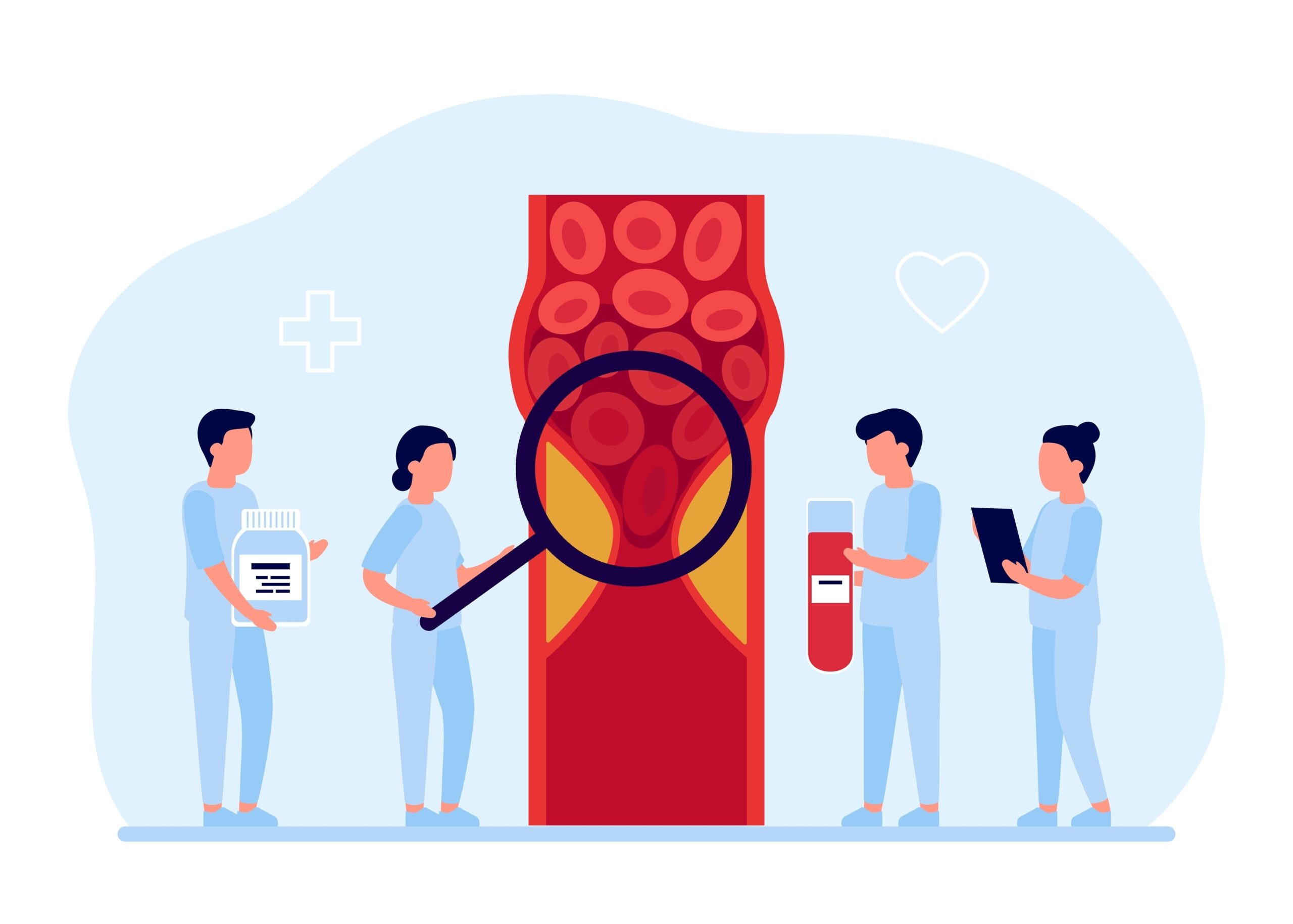The Benefits of Early Diagnosis of Venous Diseases at a Vein Clinic
Chronic vein conditions often develop quietly over time. What begins as mild leg fatigue or small visible veins can progress into significant vascular disease if left unchecked. That’s why early diagnosis of venous diseases at a vein clinic plays a crucial role in protecting long-term vascular health.
Why Timing Matters in the Diagnosis of Venous Disorders
Many patients delay seeking care for spider veins or leg heaviness, assuming these symptoms are simply cosmetic or temporary. In reality, they may be early indicators of underlying chronic venous insufficiency or even progressive varicose vein disease. When diagnosis happens early, interventions are more effective, less invasive, and less costly.
At a vein clinic, doctors use diagnostic tools like duplex ultrasound to assess venous reflux, valve function, and blood flow. These insights allow for personalized treatment plans before complications—such as skin changes, swelling, or ulcers—develop.
Preventing Progression with Early Medical Insight
Once vein disease advances, symptoms can become more difficult to reverse. Swelling, skin discoloration, and leg pain are common signs of advanced venous conditions. By identifying vascular problems early, patients often avoid these outcomes altogether. The goal is not just treatment, but long-term disease management and prevention.
Early identification also allows for proactive lifestyle adjustments, such as compression therapy or weight management, which help slow disease progression. Patients gain a better understanding of their risk factors and the specific conditions affecting their veins—something only a focused consultation at a vein clinic can provide.
Improving Treatment Outcomes with Early Action
Modern minimally invasive treatments—like radiofrequency ablation, sclerotherapy, or laser therapy—are most effective when venous disease is in its earlier stages. The healing process is shorter, and long-term results are more predictable when treatment begins before veins become severely dilated or damaged.
By addressing venous insufficiency early, patients may reduce the need for multiple sessions, lower the risk of recurrence, and improve cosmetic outcomes. This is especially important for those with physically demanding jobs or a family history of vascular conditions.
Patient Education and Long-Term Health Planning
Visiting a vein clinic early gives patients access to expert education on managing symptoms, preventing worsening, and knowing when intervention is necessary. Vascular specialists provide clear guidance on compression use, daily movement, elevation, and the role of heredity in venous health.
Proactive diagnosis also creates a medical record that can be used to monitor progression over time. Even if treatment isn’t immediately required, a baseline understanding of vein function helps your provider track future changes and respond with precision.
For more information on diagnostic and preventive care for vascular conditions, visit vein clinic.
















